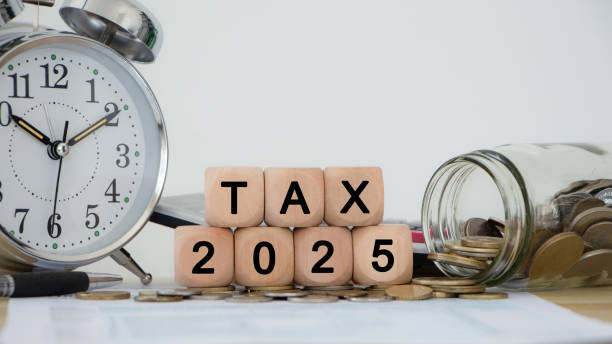No Tax on Overtime: What Employers Need to Know About the Proposed Tax Break
Last Updated on March 4, 2025
The “No Tax on Overtime” proposal by President Donald Trump has recently gained attention as part of broader fiscal discussions in the United States. This initiative aims to exempt overtime earnings from federal income taxation, potentially allowing employees to retain more of their additional work income. As this proposal progresses through the legislative process, businesses need to understand its potential implications and prepare accordingly.
Understanding the No Tax on Overtime Proposal
Introduced within the framework of the House Budget 2025 bill, the “No Tax on Overtime” proposal seeks to alleviate financial burdens on workers by exempting overtime pay from federal income taxes. This means that employees working beyond their standard hours could receive their overtime earnings without federal tax deductions, potentially increasing their take-home pay.
Current Legislative Status
As of early March 2025, the House of Representatives has narrowly passed the budget resolution that includes this proposal. The resolution passed with a 217-215 vote, primarily along party lines. It’s important to note that a budget resolution serves as a blueprint and does not, by itself, change tax laws or funding allocations. The proposal must still undergo further legislative scrutiny, including reconciliation with the Senate’s budget plan and eventual approval by both chambers before being signed into law by the President.
Implications for Employers
If enacted, this proposal could have several implications for employers:
- Payroll Adjustments: Employers may need to modify payroll systems to accurately reflect the tax-exempt status of overtime pay, ensuring compliance with the new tax regulations.
- Overtime Policies: The tax exemption could incentivize employees to seek more overtime opportunities. Employers might need to reassess their overtime policies and workforce management strategies to balance operational needs with employee expectations.
- Classification Considerations: There is a potential risk of misclassifying regular wages as overtime to benefit from tax exemptions. Employers must exercise caution to maintain ethical practices and comply with labor laws.
Considerations for Employees
For employees, the proposal offers the prospect of increased net earnings from overtime work. However, it’s crucial for workers to understand that while federal income tax may be exempted, other deductions-such as Social Security and Medicare taxes- would still apply. Additionally, the increased take-home pay could have implications for tax brackets and eligibility for certain income-based programs.
Potential Economic Impact of the No Tax on Overtime Proposal
Proponents argue that exempting overtime pay from federal income tax could stimulate economic growth by increasing workers’ disposable income, potentially leading to higher consumer spending. However, critics express concerns about the potential reduction in federal revenue and the complexity it might add to the tax system. Another concern is that employers may attempt to cut costs by leaning harder on overtime as opposed to hiring.
Navigating Change with MyHRConcierge
At MyHRConcierge, we understand that legislative changes like the “No Tax on Overtime“ proposal can create both opportunities and challenges for employers. If this proposal moves forward, employers will need to adapt payroll processes, reassess overtime policies and ensure compliance with evolving tax regulations.
Our team of specialists helps organizations navigate complex HR and compliance matters, ensuring you stay informed and prepared for any changes. To connect with us or learn more about how we can help your organization, contact MyHRConcierge today at ccooley@myhrconcierge.com, 855-538-6947 ext. 108. Or, schedule a free consultation below:

